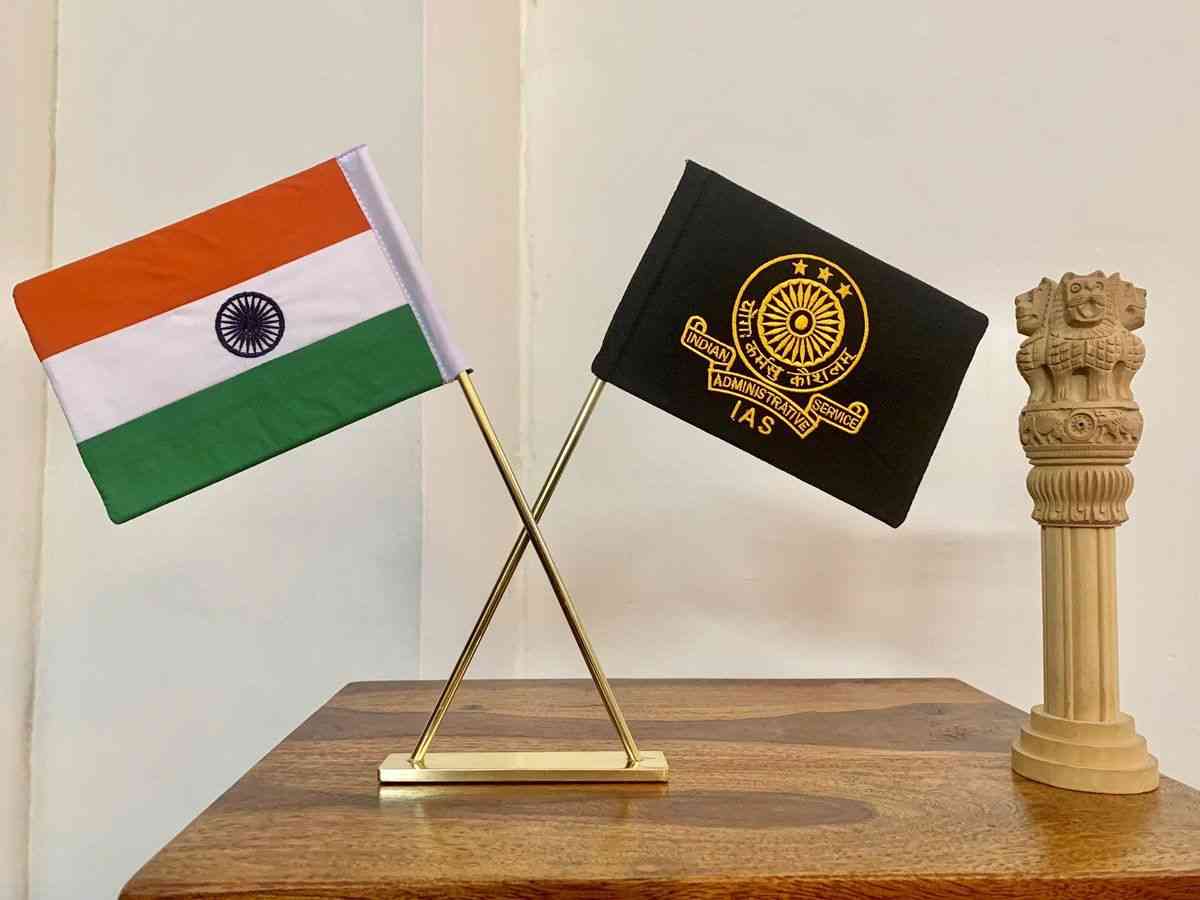It is the dream of every student to become an IAS officer. The Union Public Service Commission conducts the Civil Services Exam once a year, to recruit personnel for various posts and those who score the highest cumulative marks, will get into Indian Administrative Service. After clearing the second stage, i.e., mains, the candidates have to fill a Detailed Application Form, in which the candidates have to choose their cadre and service of preference.
Among thousands of candidates who have cleared mains, the majority of the people decide Indian Administrative Service as their first choice. But fortunately or unfortunately, only 150 to 200 candidates are finally selected to Indian Administrative Service based on their merit.
Every year, the competition is increasing due to the internet revolution in the past few years, and access to study materials and the internet by almost everyone. This article will discuss some tips on how to become an IAS officer, and provide insights on what to take care of while preparing for the IAS Exam.
How to Become an IAS Officer?
The Civil Services Exam or IAS Exam conducted by UPSC has three stages – prelims, mains and interview. One has to clear all these stages to secure one of the posts listed by the UPSC in their official notification. IAS is one of the most valued and prestigious posts in the government system, and aspired by the UPSC aspirants.
Here is a gist of the entire process to become an IAS officer, which will make you understand the intensity of the process.
- Qualifying Process – Prelims is the first step in the process and this stage checks the general knowledge and aptitude skills of the aspiring candidates. Those who clear prelims will be able to attend mains, where the candidates have to write descriptive papers. Those candidates who are able to clear mains, as well, will be called to an interview/personality test. The approximate number of candidates register every year to attempt the prelims stage is around 9-10 lakhs and out of them, only 13 to 15 thousand people get selected to attend mains. The number of candidates may vary depending on the particular year’s competition, cut-off marks and vacancies. Out of 13 to 15 thousand people who attend mains, only 2500 to 4000 candidates get selected to be interviewed. Out of this number of candidates, 750 to 850 candidates are successful to get into the final merit list. These numbers are quoted as examples to understand the intensity of the selection process. Looking at the intensity level of the exam, do not get demotivated. Have a clear goal in mind as that will lead the way to success.
- Understand the pattern and syllabus of the IAS Exam – The first step to crack any exam is to understand what the exam is about, what it tests, and what it expects from the candidate who is appearing for the exam. This can be interpreted by looking at the syllabus and exam pattern given by the UPSC in their official notification.
- Analyse the difference between the stages – The aspirants have to remember that prelims is qualifying in nature, and the marks scored in the first level are not counted for the final merit ranking. To become an IAS officer, a candidate has to score the highest marks possible. The mains is the toughest and trickier part because it involves testing extensive writing skills in a given time frame. It is to be noted that the optional subject has to be chosen wisely, as the scope of the optional papers will expect the aspirants to have a deeper understanding of the subject chosen. The marks obtained in mains level is important because it is counted for the final ranking.
- Right strategy and study period – When lakhs of people compete for this single exam, you should also have the right strategy in order to stand out from the crowd. Also, do not have a misconception that this exam can be cleared when you prepare for a few months. It is to be remembered that one whole year for preparation and one whole year of the process is the minimum time taken to clear this exam.
- Importance of interview stage – Usually, a panel of 5 people, headed by a member of UPSC, would conduct the interview. The UPSC interview panel will test the emotional availability and decision-making skills of the candidates, as it is significant for an IAS officer. The board tests these qualities because the IAS officer will be responsible for decision making at the district level, and facing people’s grievances on a daily basis. Therefore, one has to develop that trait during the preparation stage itself, as it would not be built overnight. To become an IAS officer, it is important to think and act like one.
The IAS full form is Indian Administrative Service and the above information would have been helpful in providing a few insights regarding the IAS Exam.

